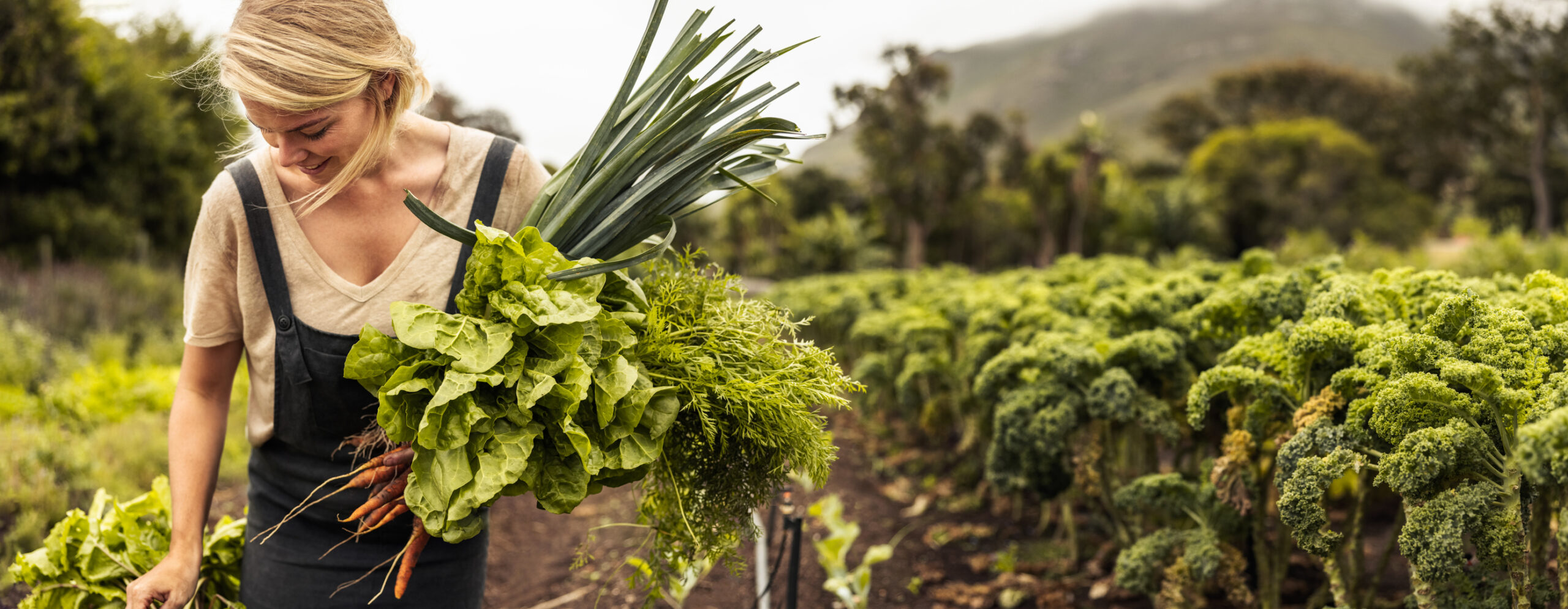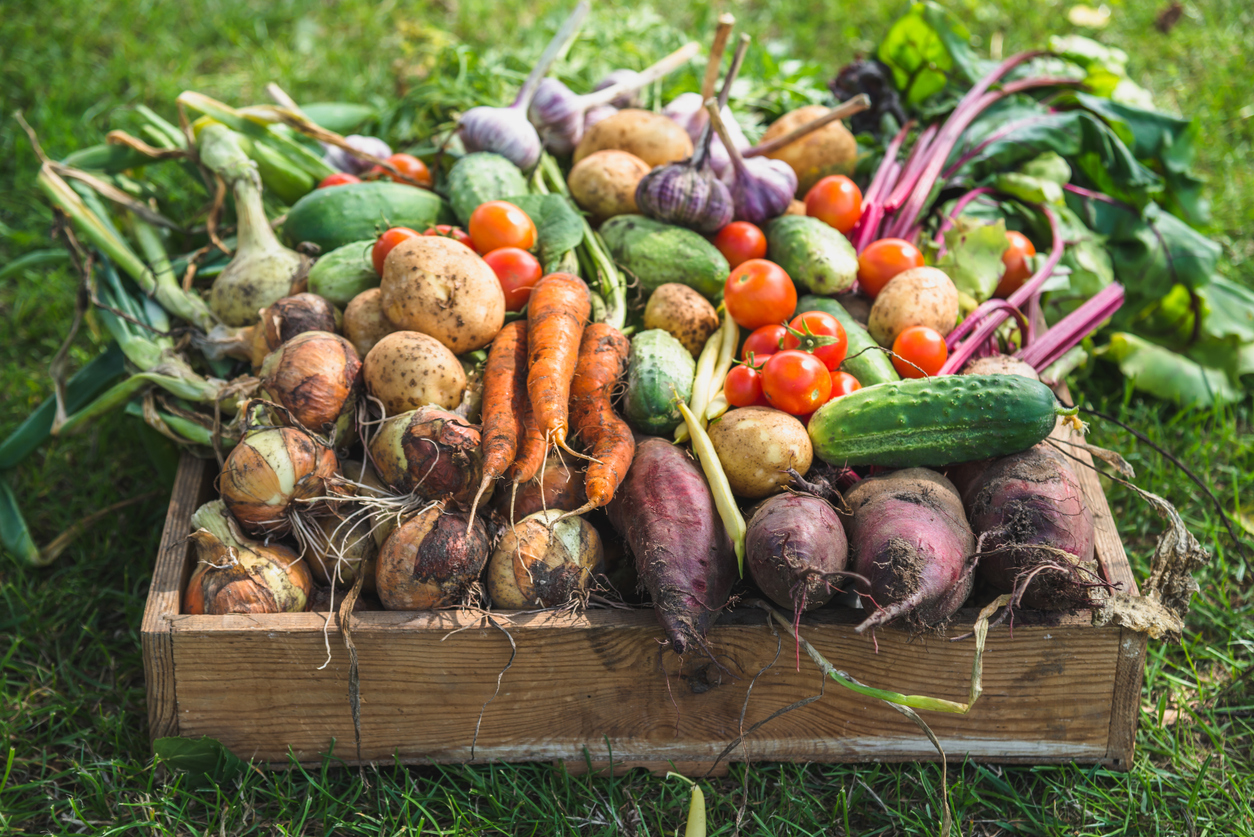In a transformative study highlighted in Phys Org, researchers from the University of Bonn have made a groundbreaking discovery in the realm of agriculture. Their long-term study, spanning over two decades, reveals that plants can genetically adapt to the conditions of organic farming. This adaptation signifies a potential revolution in how we approach agricultural practices and the cultivation of crops.
The study began in the late 1990s under the leadership of Professor Dr. Jens Léon from the University of Bonn. His team embarked on a complex, 23-year journey to investigate the effects of farming methods on the genetic makeup of plants. Their research focused on barley, a staple crop, which they crossed with a wild variant to enhance genetic diversity. This crossbreeding was a foundational step in observing how different farming practices could influence the plant’s genetic evolution.
As Léon described in Phys Org, “We first crossed high-yield barley with a wild form to increase genetic variation.”
This crossbreeding laid the groundwork for a comparative study between conventional and organic farming methods. The team planted these barley populations on two neighboring fields under identical soil and climatic conditions but varied the farming techniques. One field utilized conventional farming—using pesticides, chemical agents for weed control, and mineral fertilizers. In contrast, the other field adopted organic methods, avoiding pesticides, using mechanical means for weed control, and employing manure for fertilization.

Over time, significant differences emerged between the barley grown conventionally and that cultivated organically. Initially, both barley populations adapted similarly, adjusting to the local climate, soil, and day length. However, as explained by Dr. Agim Ballvora, another researcher involved in the study, the genetic variants in the barley began to change more noticeably in the organically farmed plants compared to their conventionally farmed counterparts.
This divergence was particularly evident in genes affecting the barley’s root structure. The organically farmed barley developed gene variants less sensitive to nutrient deficits and water scarcity.
An intriguing aspect of this study is the genetic uniformity observed in the conventionally farmed barley over time. The genetic material of these plants became increasingly similar year after year. However, the organic barley maintained a higher level of genetic heterogeneity, meaning there was more variation in the genetic material among the plants. This variability allowed the organic barley to adapt more effectively to fluctuating environmental conditions.

The implications of this research are profound. It demonstrates the necessity of cultivating crop varieties specifically tailored for organic farming. These varieties, having adapted to the unique conditions of organic agriculture, are likely to be more robust and yield higher returns.
Moreover, Léon suggested that even conventional high-yield varieties could benefit from crossbreeding with older or wild varieties.

This study, titled “Deep genotyping reveals specific adaptation footprints of conventional and organic farming in barley populations—an evolutionary plant breeding approach,” was published in the journal Agronomy for Sustainable Development. Its findings are not just academic but have practical implications for improving crop resilience and productivity in an era where sustainable farming practices are increasingly vital.
In conclusion, this long-term study from the University of Bonn, as detailed in Science Direct, provides compelling evidence that plants can adapt genetically to the specific conditions of organic farming. This discovery paves the way for more targeted and effective agricultural practices, ensuring a sustainable and productive future for global food production.





